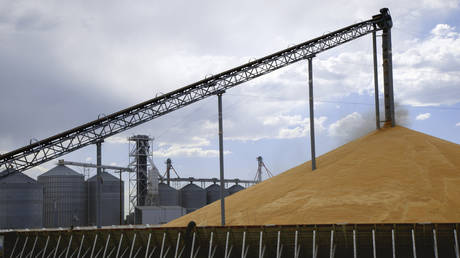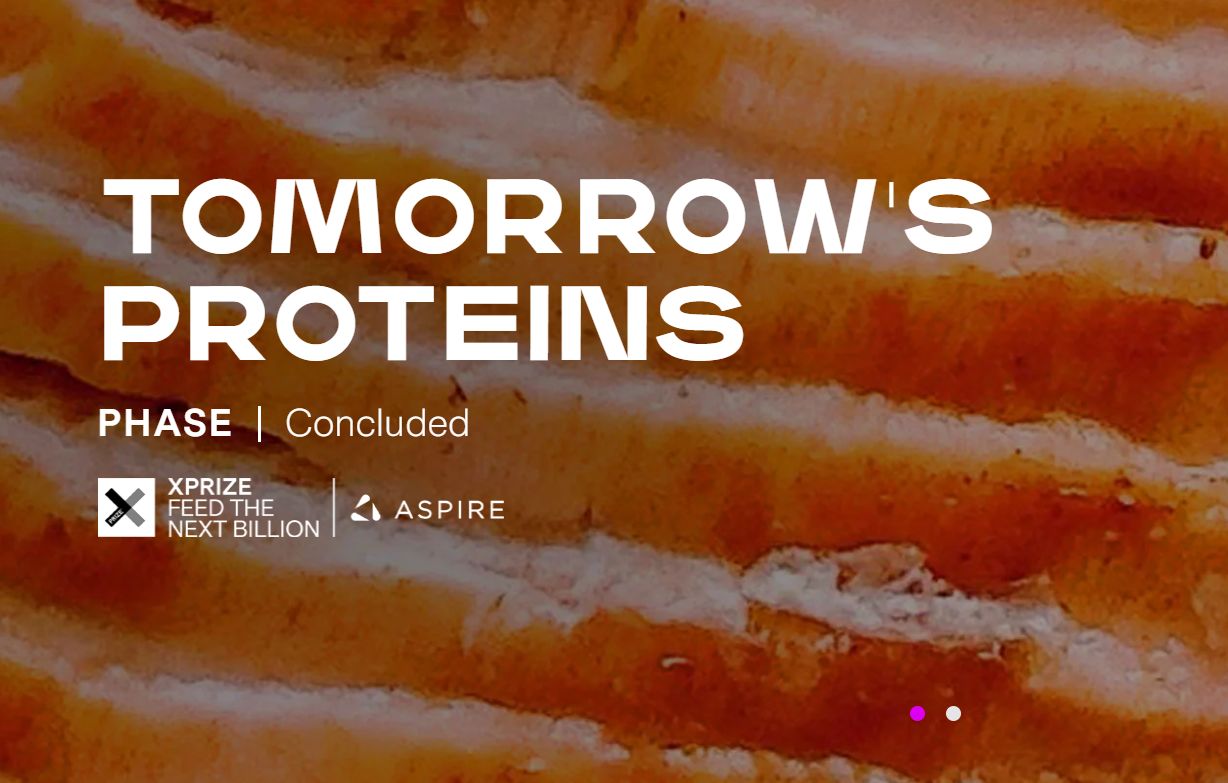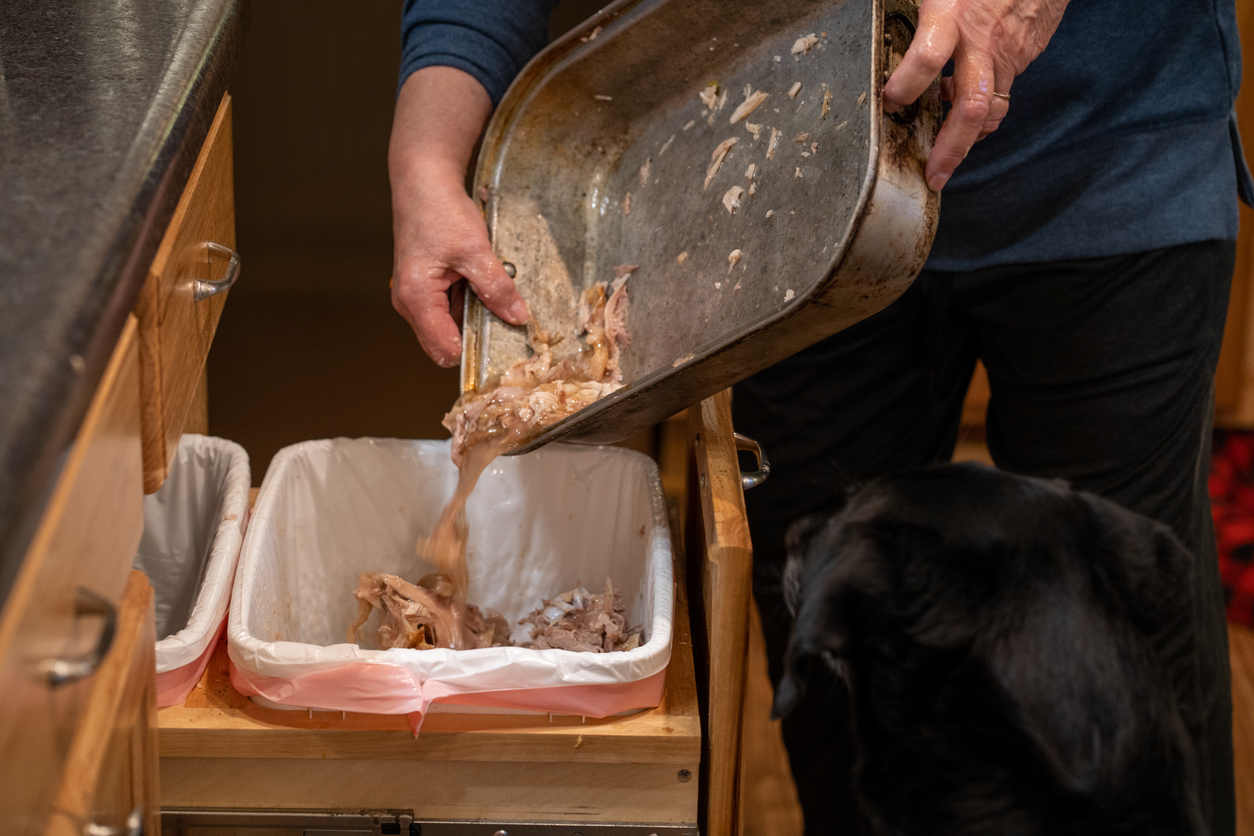[You vil eat the bugs peasant, you vil suffer and LIKE IT~cr]
Economic Chaos Is GOOD?!
From Climate Depot
Climate Depot’s Marc Morano: The New York Times seems bent on updating Gordon Gekko’s phrase from the 1987 film Wall Street: Chaos, for lack of a better word, is GOOD.
#
Culture & lifestyle journalist Annaliese Griffin writing in the New York Times: “Inflation has the potential to drive welcome change for the planet if Americans think differently about the way they eat…We could adjust what we eat to save both our pocketbooks and our planet.”
“Climate change has motivated some to eat less resource-intensive meat and more vegetables, grains and legumes, but this movement has not reached the scale necessary to bring needed change — yet…A 2021 study in Nature found that animal products produce greenhouse gases at twice the rate of foods from plants. We should be paying attention to every ton of carbon dioxide that goes into the atmosphere — the same way shoppers are watching the cost of every addition to their grocery carts.” …
“Inflation resulting from the cost of fuel and feed, coupled with supply chain slowdowns, may make meat substitutes more affordable relative to traditional, factory-farmed meats. … Historically, cost has been a powerful force that has changed Americans’ diets.”
By: Marc Morano
the @nytimes forgot that dying of starvation also reduces your carbon footprint. https://t.co/V8qiKRkJOh
— zerohedge (@zerohedge) June 5, 2022
Culture & lifestyle journalist Annaliese Griffin writing in the New York Times:
Annaliese Griffin NYT Excerpt: If the current rate of food inflation holds and Americans don’t change their meat consumption habits, they will spend roughly $20 billion more on meat, poultry, fish and eggs over the next year than they did in 2020. … Inflation has the potential to drive welcome change for the planet if Americans think differently about the way they eat. While hunger and food insecurity are a very real problem in the United States and globally, middle- and upper-class Americans still have more choices at the grocery store than perhaps any food shoppers in history. Climate change has motivated some to eat less resource-intensive meat and more vegetables, grains and legumes, but this movement has not reached the scale necessary to bring needed change — yet.
…
A 2021 study in Nature found that animal products produce greenhouse gases at twice the rate of foods from plants. We should be paying attention to every ton of carbon dioxide that goes into the atmosphere — the same way shoppers are watching the cost of every addition to their grocery carts. …
One recent survey of 3,500 consumers found that while environmental concerns and animal rights would not persuade many shoppers to purchase meat substitutes more often, lower prices could.
…
Inflation resulting from the cost of fuel and feed, coupled with supply chain slowdowns, may make meat substitutes more affordable relative to traditional, factory-farmed meats. … Historically, cost has been a powerful force that has changed Americans’ diets. Yes, people in most cultures tend to eat more meat as they grow richer. But tighter budgets have also driven reductions in meat consumption.
…
In 1917, months after the country entered World War I, Congress passed the Lever Food and Fuel Control Act, which granted the government sweeping power over the food supply. Helen Zoe Veit, a professor of history at Michigan State University, quotes a contemporary critic who called it the “most radical” bill ever enacted by Congress in her book “Modern Food, Moral Food.” The Lever Act allowed the government to requisition food and prevent hoarding. It also created the Food Administration, headed by Herbert Hoover, more than a decade away from his presidency, who asked Americans to commit to one wheatless and one meatless meal each day, plus a wheatless Monday, a meatless Tuesday and a porkless Saturday (the pleasant alliteration of “Meatless Monday” evidently hadn’t occurred to him).
The Lever Act came at a time when the cost of living, including food prices, had risen significantly, by about a third from 1897 to 1916. Americans might have balked at Hoover’s top-down management — he was sometimes called the “food dictator” — but they were, by and large, swayed to join the cause, not least because they were already well versed in practicing the art of thrift when it came to food. Dr. Veit points to recipe books from the era that promoted egg-free cakes and meatless casseroles as a way to save money. There was “huge cultural buy-in to the idea that collectively, we could make small sacrifices — which is how people saw giving up meat — and we’d make the sacrifices in the name of a greater good and get something done,” Dr. Veit told me.
…
There is an inherent conflict in asking people to change their most personal habits because of climate change when government policy puts few restraints on polluting industries like oil, gas, coal and automobiles. Still, the answer isn’t either-or; it’s both-and. Rising prices for all kinds of consumer goods are exerting pressure on Americans, but our food spending can be modified more easily than what we pay at the gas pump. We do not have to become, overnight, a nation of vegetarians and vegans, but we could adjust what we eat to save both our pocketbooks and our planet.
…
Annaliese Griffin (@annalieseg) is a journalist who covers culture, lifestyle and health.
Related
Source link
Author Guest Blogger






